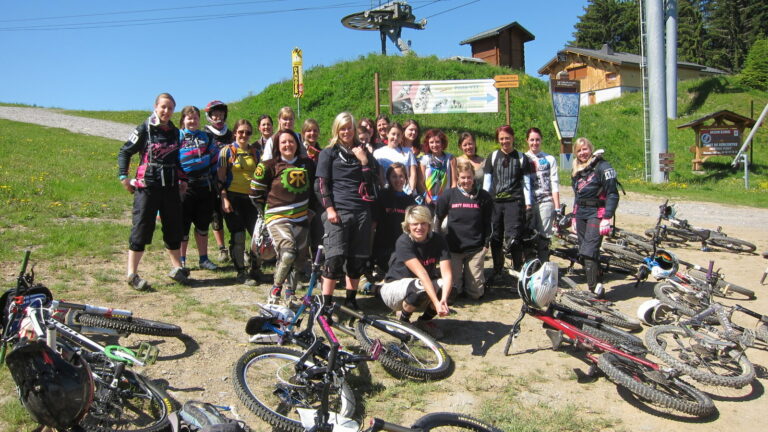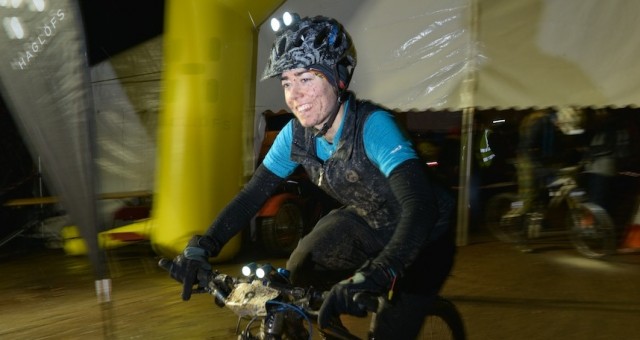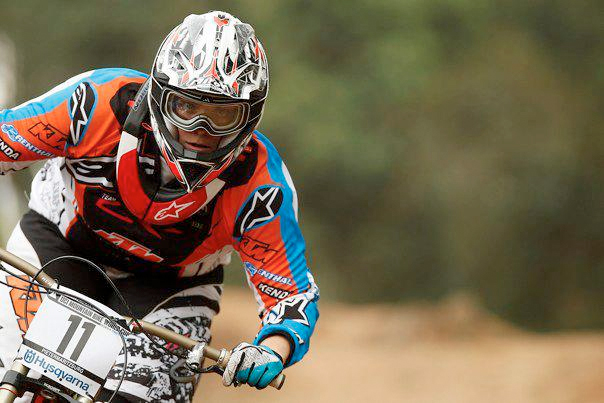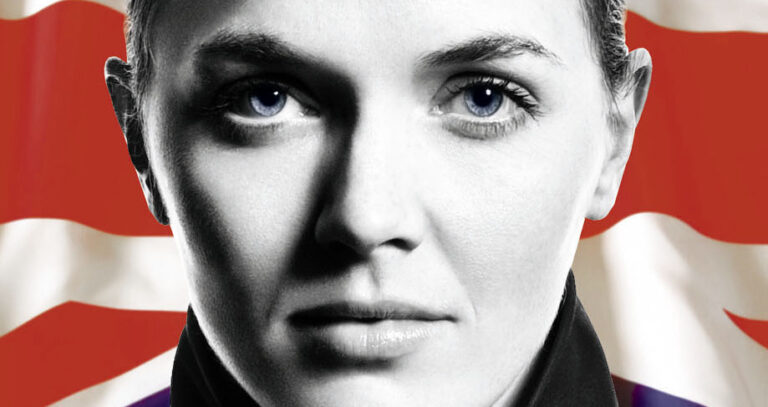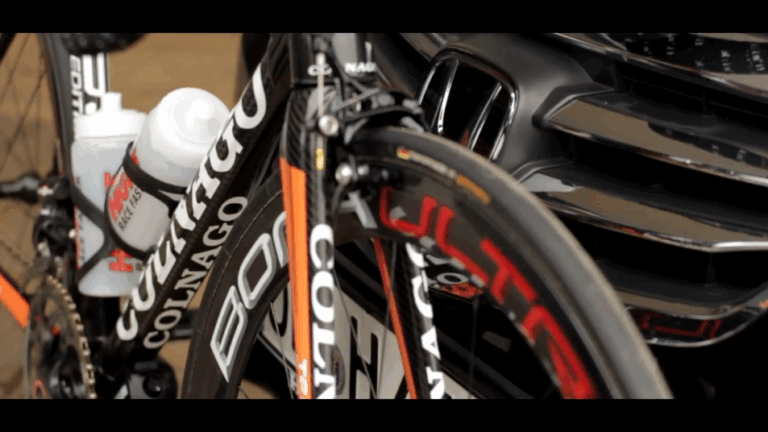Britain’s most successful road racing cyclist, Nicole Cooke, yesterday announced her retirement from cycle sport with an impassioned statement severely criticising the sport’s governing body, the UCI, and attacking riders who dope.
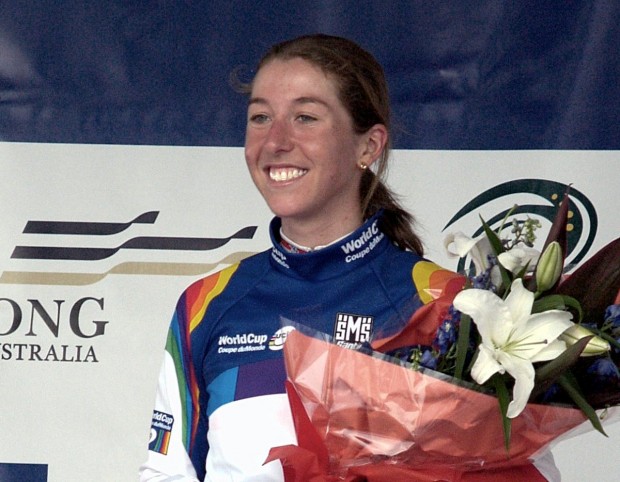
With an honesty not usually associated with professional road cycling, Cooke labelled drug cheats as ‘criminals who steal other’s livelihoods.’
Singling out Lance Armstrong – who is expected to make an admission of drug use on the Oprah Winfrey’s show on Friday – Tyler Hamilton and Canadian racer Genevieve Jeanson for special mention she demanded society act to combat ‘this sporting fraud.’
The former World and Olympic champion also accused the sport’s governing body of fiddling while Rome burned, allowing women’s racing to crumble while its attention was focused on protecting its image.
Of repentant drug cheats the 29-year-old said: ‘They could be more accurately described as criminals who stole other’s livelihoods who are only ever genuinely sorry about one thing — they are very sorry they were caught. I do despair that the sport will ever clean itself up when the rewards of stealing are greater than riding clean.
‘Pressure was put on me [to dope] but I was determined, and fortunate. I had a very good team-mate who was in a similar predicament and she took the same stance I did. I am appalled that so many men bleat on about the fact that the pressures were too great. Too great for what? This is stealing somebody else’s livelihood. There can be no excuse.’
Cooke began her cycling career aged 12, beating all the boys at the Welsh cyclo-cross championships. From then on she dreamed of the Tour de France. She describes with pride the battles she and her father had getting women’s races onto the British Cycling (formerly the British Cycling Federation) calendar.
‘Previously, there were no events put on by the BCF for girls and no support for girls,’ said Cooke. ‘That all changed following my success as a Youth in the British Senior Championships. Now the likes of Dani King and Laura Trott have a shop window to display their exceptional talents. There is an infrastructure that supports them and nurtures their talent. I am just as proud of my part in bringing about those permanent changes as I am of being the first ever British winner of the Olympic Road Race or a major tour.’
But while 2008’s Olympic and World champion celebrated the improvements in women’s cycling since that double win which many would argue began the revolution in the female sport, she demanded further changes to protect female cyclists. ‘Every scandal on the men’s side has caused sponsors to leave on the women’s side. And with such thin budgets, the losses have a greater relative impact on what survives. The women’s road sport, that looked so promising in 2002 when I turned professional, has crumbled.
‘Gone are the women’s Milan San Remo, the Amstel Gold Race, Tour de L’Aude, Tour Midi Pyrenees, and Tour Castel de Leon. No HP tour in America. With sponsors and support lost, the riders in the sport are exposed and vulnerable in so many ways.’
Most damningly Cooke attacked the UCI’s suggestion of a minimum wage for female riders rather than making it mandatory as for men. ‘Are these girls that race for a living an underclass? They are somehow a sub-race not worthy of the most basic protection we afford the rest of our citizens in whatever employment they find themselves. Why is there a minimum wage put in place for male riders? It protects them from being taken advantage of. Why are women not worthy of that same protection?’
Cooke isn’t alone in voicing concern over support for the female road scene. In an interview with TotalWomensCycling.com two weeks ago, Victoria Pendleton claimed she couldn’t race road because it would be ‘too demoralising.’
‘I hope I will look on in 10 years’ time and see a vibrant and healthy women’s road scene,’ said Cooke. ‘The key to that will be that the female athletes are treated with respect.’

